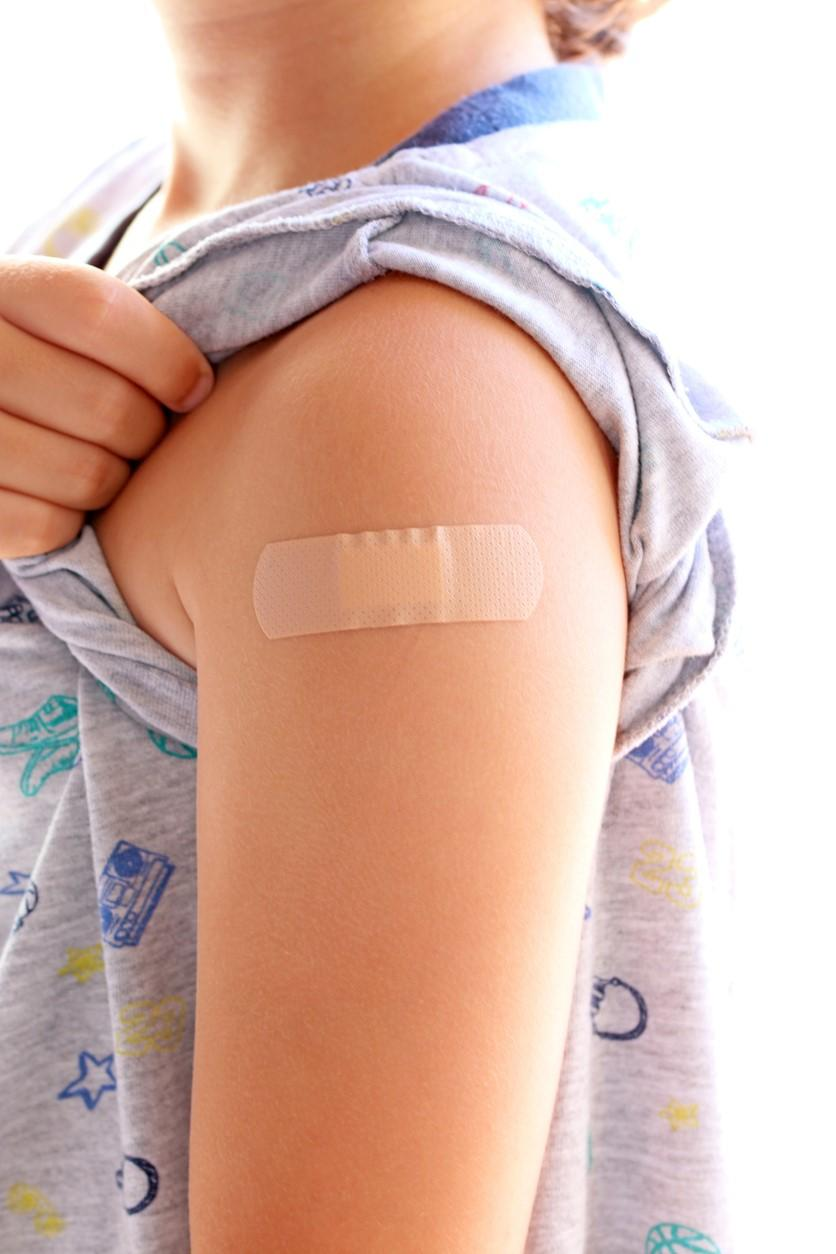Cardiovascular
Study: Flu vaccination reduces risk of heart attack
A Texas A&M University survey of US parents finds that 41% already had or would vaccinate their children against COVID-19, 63% against influenza, and 71% against respiratory syncytial virus (RSV) this fall and winter.
The study, published late last week in Vaccine, involved 5,035 parents of children younger than 18 years surveyed on September 27 and 28, 2023.
Illness worries, trust in medicine increased intent
In total, 40.9% of respondents said they had or would vaccinate their children against COVID-19, while 63.3% said they would do so against flu, and 71.1% said their children would receive the RSV vaccine.
Predictors of intent to vaccinate included concerns about diseases (average marginal effects [AME] for COVID-19, 0.064; AME for flu, 0.060; and AME for RSV 0.048), as well as trust in health institutions (AME for COVID-19, 0.023; AME for flu, 0.010; AME for RSV, 0.028). Parents who had previously vaccinated their children were also more likely to pursue vaccination (AME for COVID-19, 0.176; AME for flu, 0.438; and AME for COVID-19, 0.194).
Relative to men, women were less likely to say they would vaccinate their children against COVID-19 and flu (AME for COVID-19, −0.076; AME for flu, −0.047). Respondents who indicated that vaccines were important were more likely to pursue vaccination for COVID-19 and RSV (AME, 0.097 and 0.072, respectively).
Worries about a link between vaccination and autism—which studies have disproven—were statistically significant for only COVID-19 (AME, -0.030). Relative to political conservatives, liberals were more likely to vaccinate against COVID-19 (AME, 0.076).
The large number of unvaccinated children will likely lead to large numbers of excessive disease in children.
Compared with Democrats, Republications were less inclined to vaccinate their children against COVID-19 (AME, -0.060), and Democrats had higher odds of seeking RSV vaccination (AME, 0.151). The most common reasons for vaccine hesitancy were doubts about safety and the need for vaccination and a lack of information.
“The large number of unvaccinated children will likely lead to large numbers of excessive disease in children,” the authors wrote.

